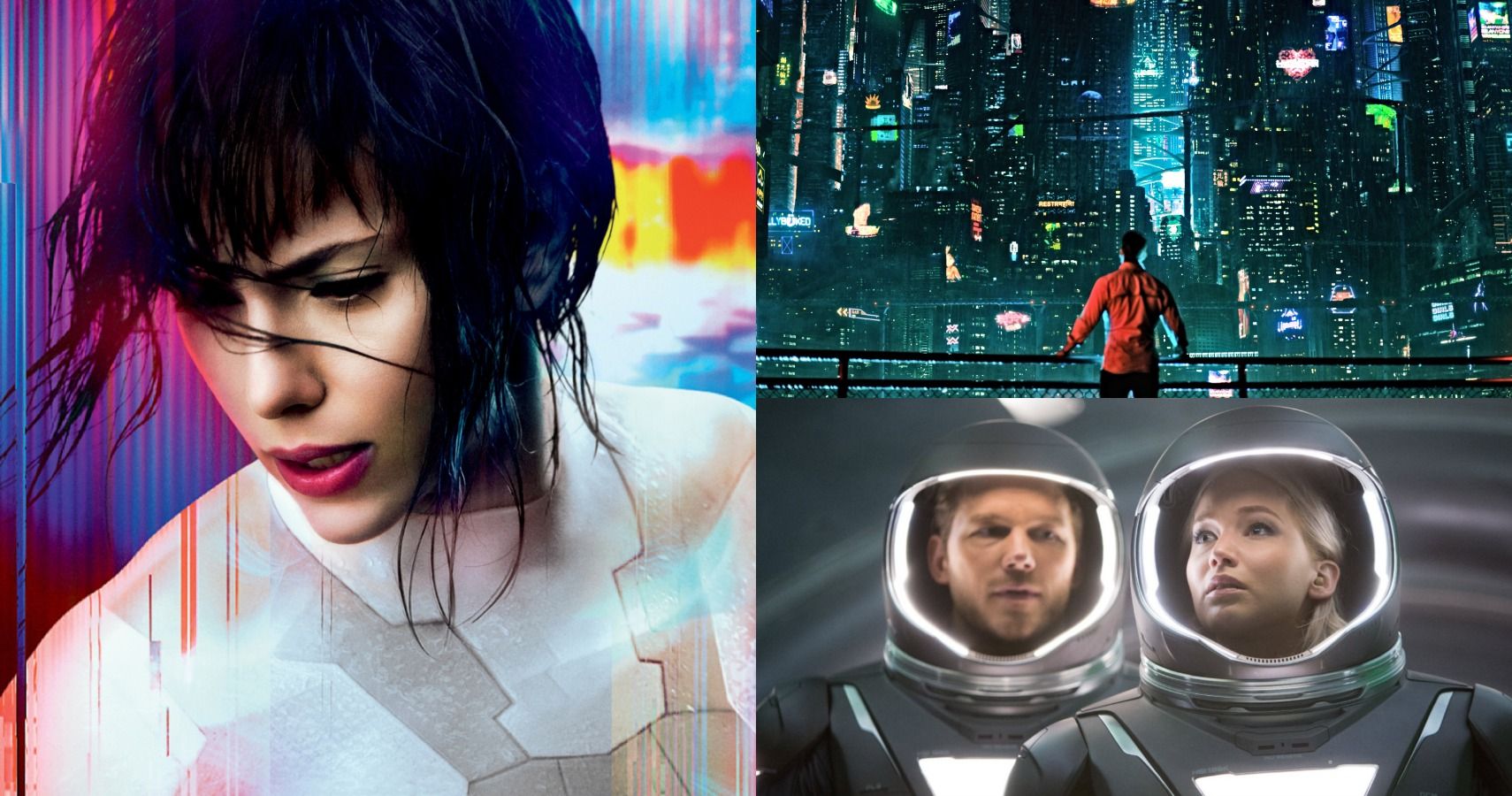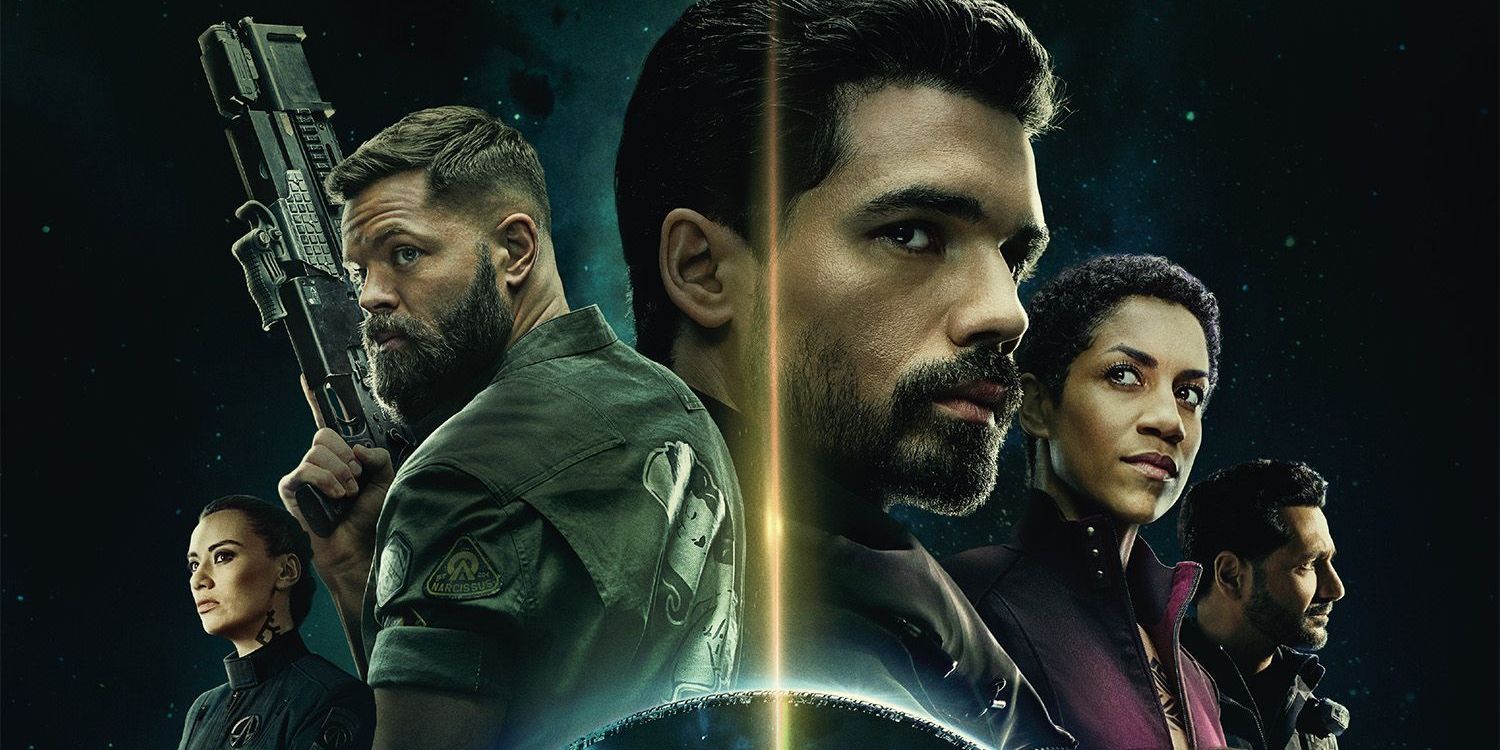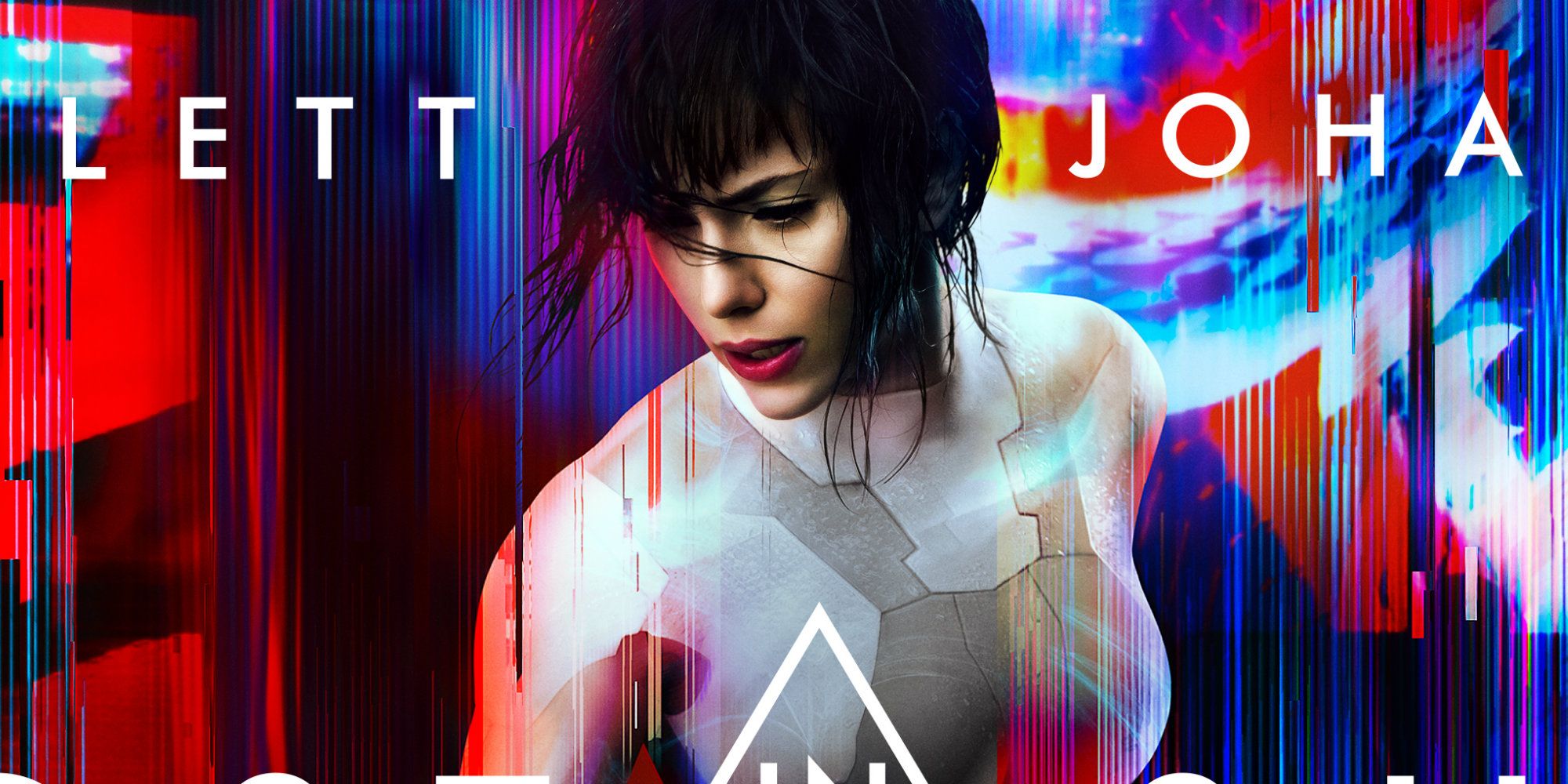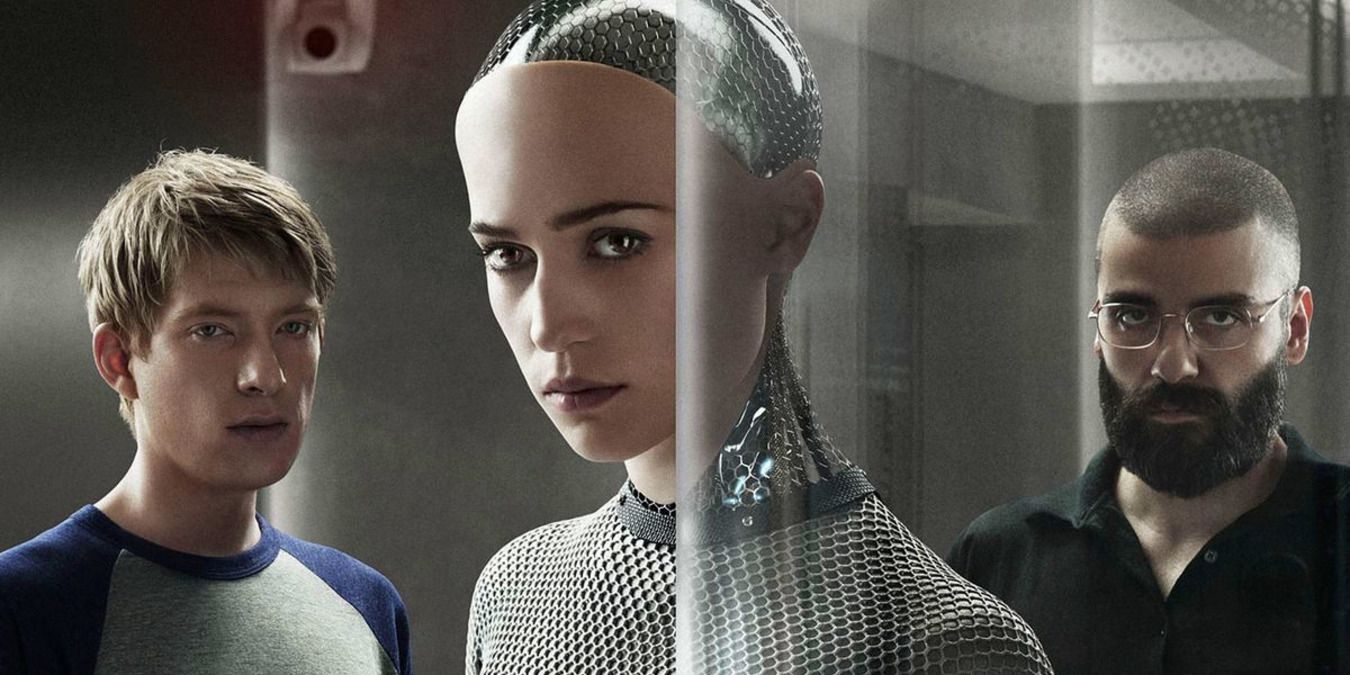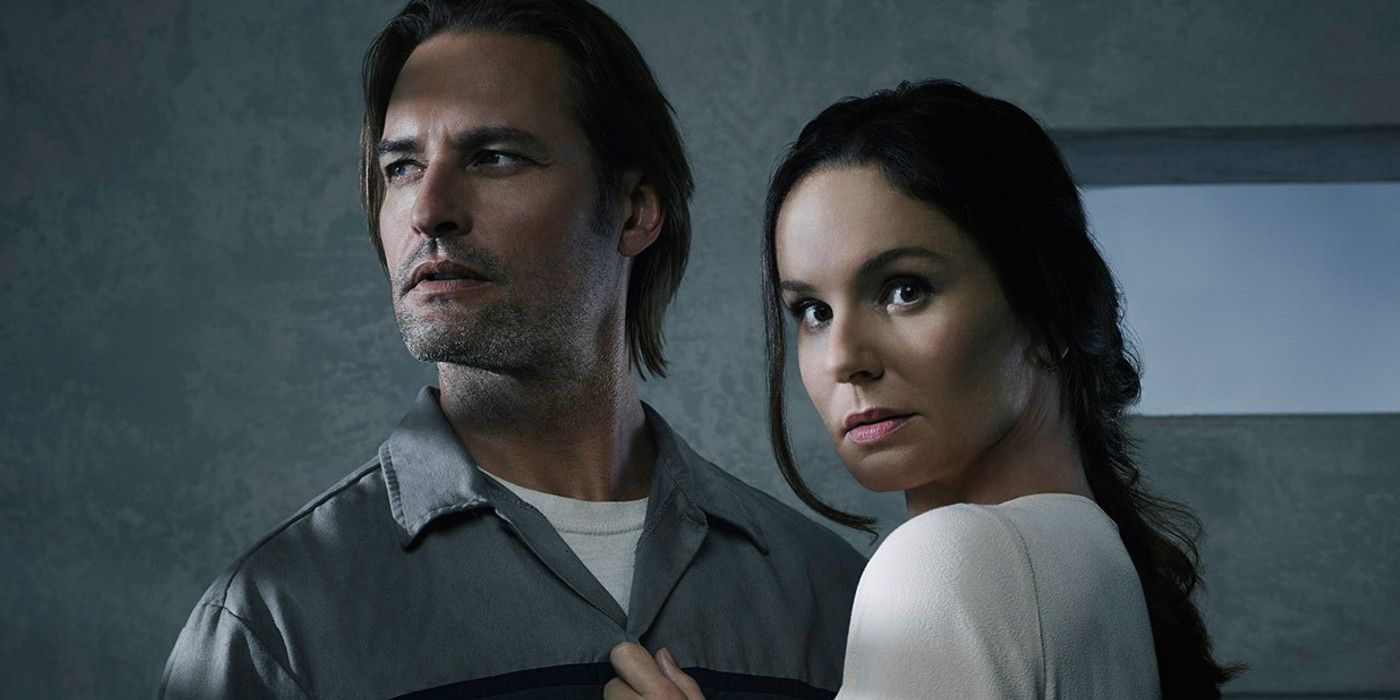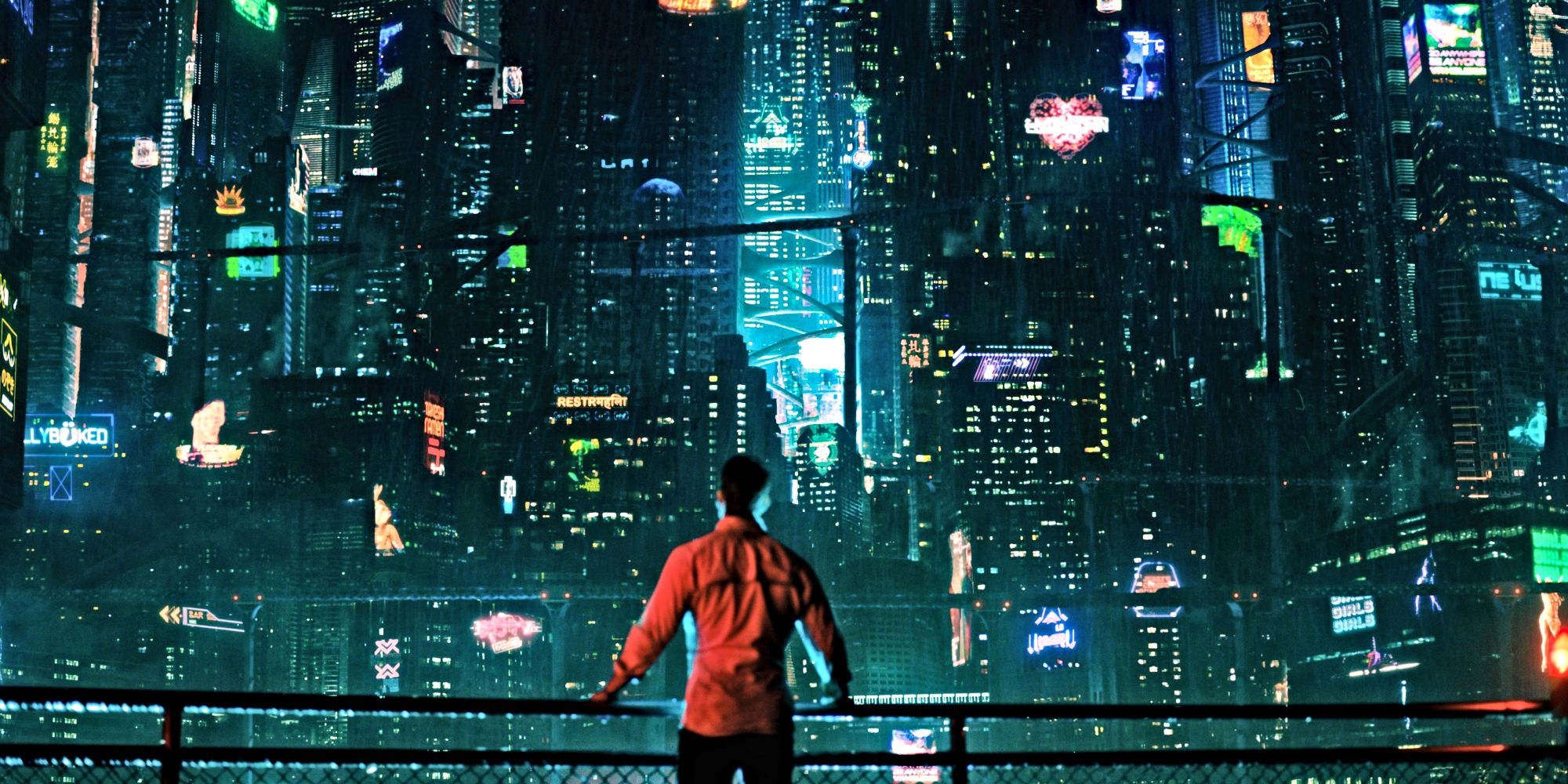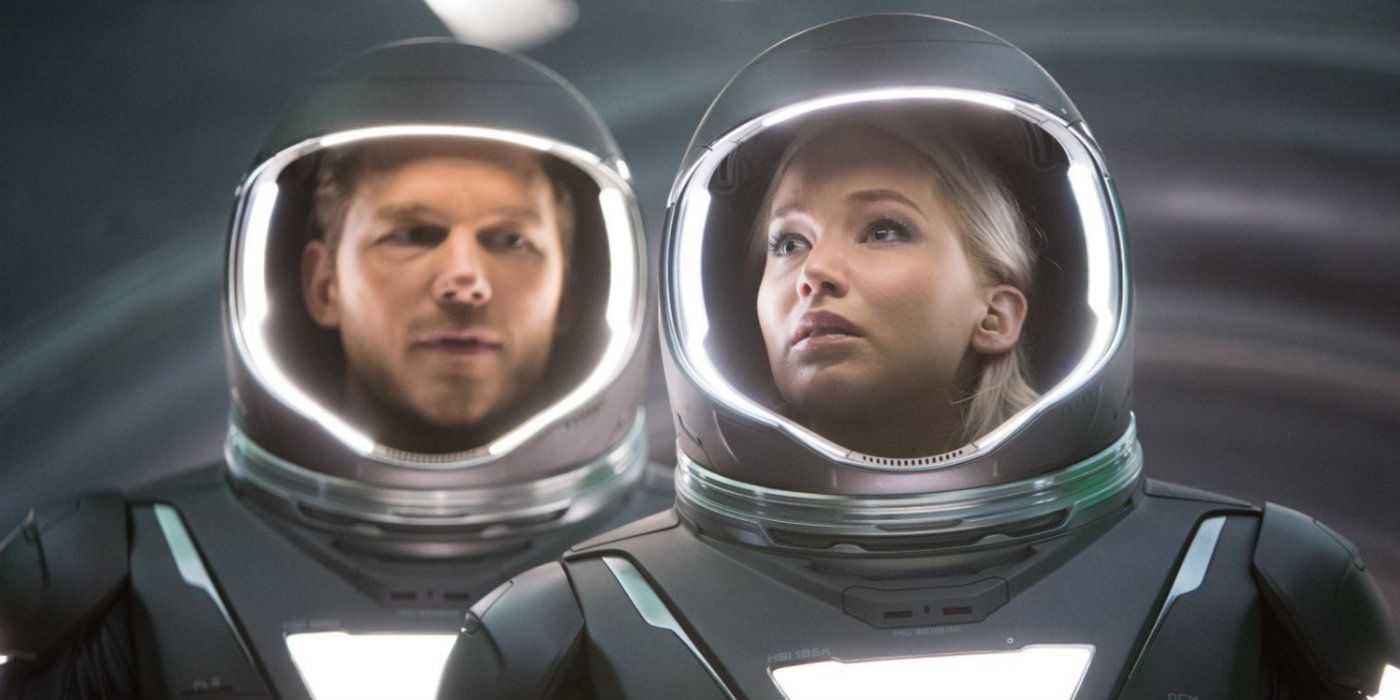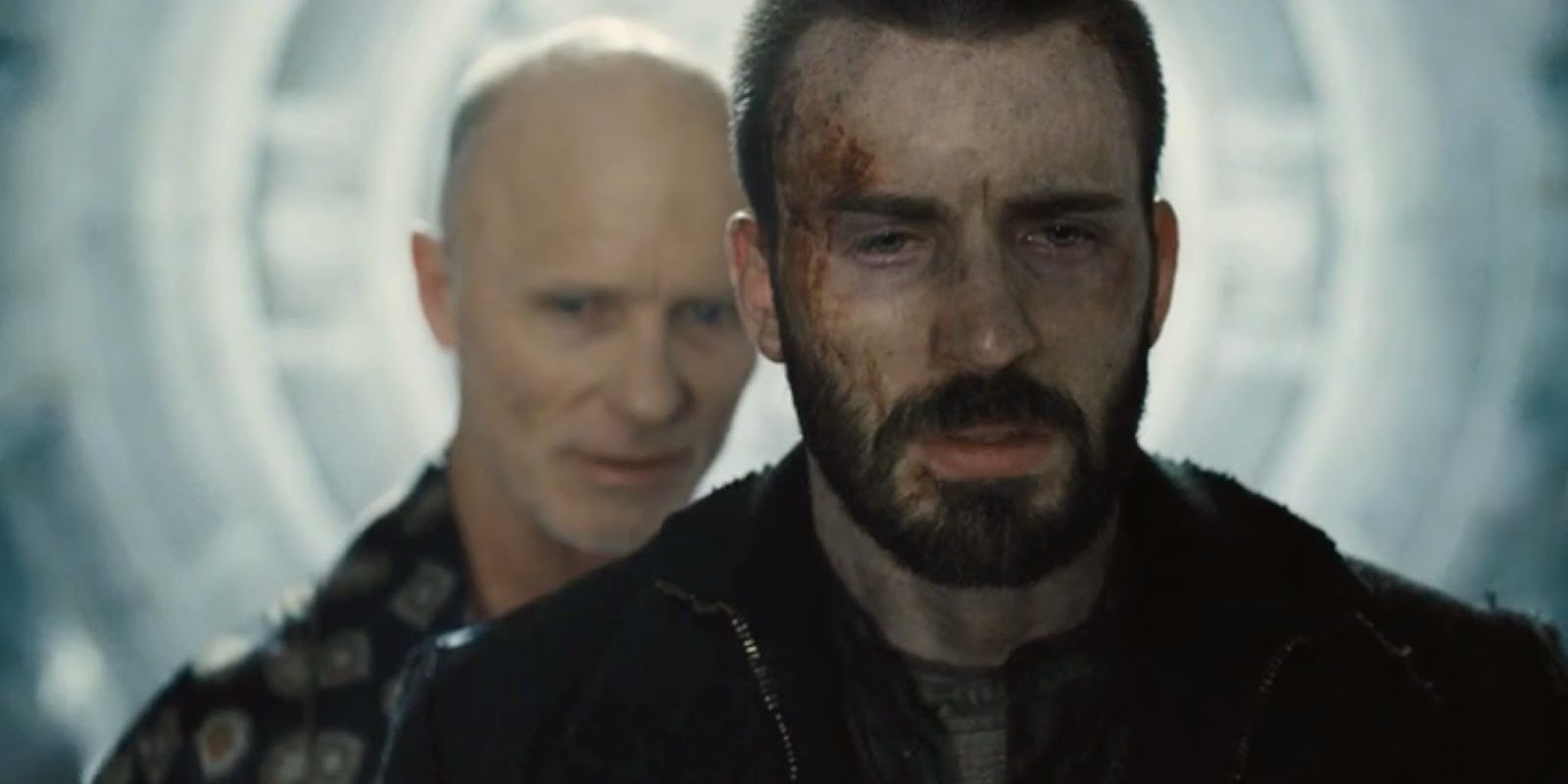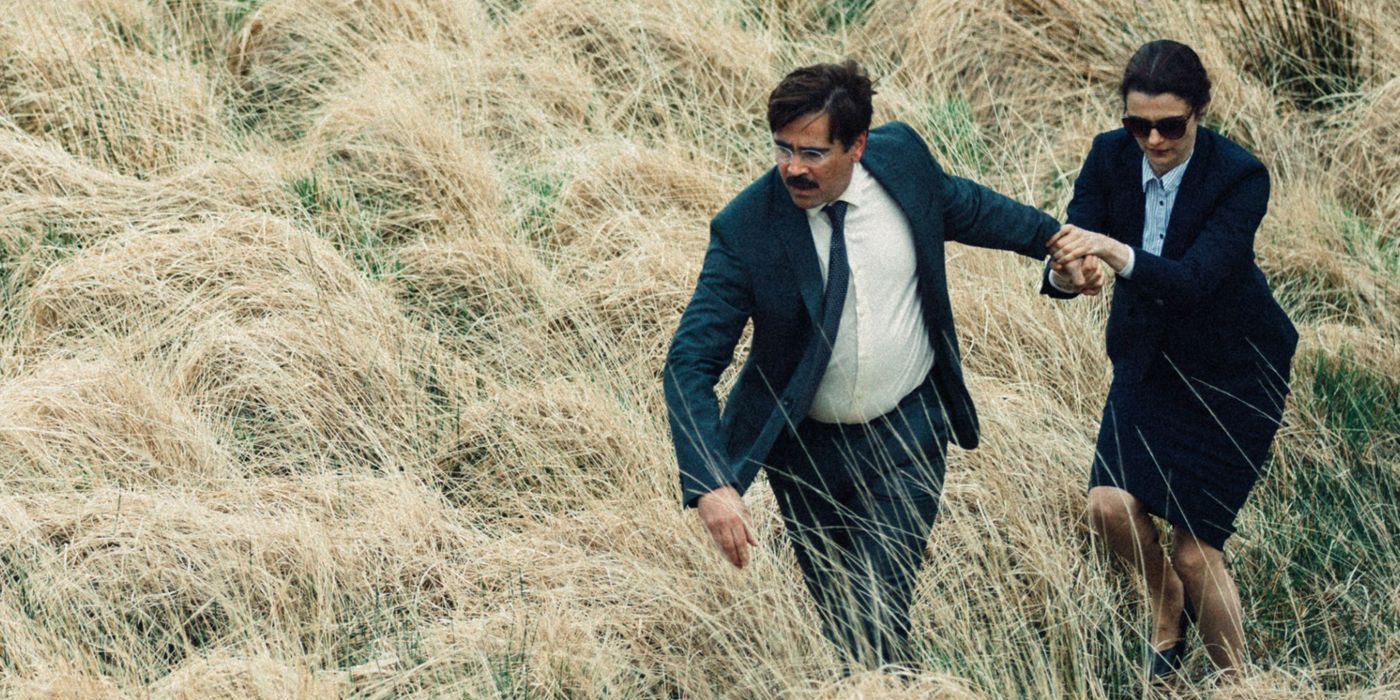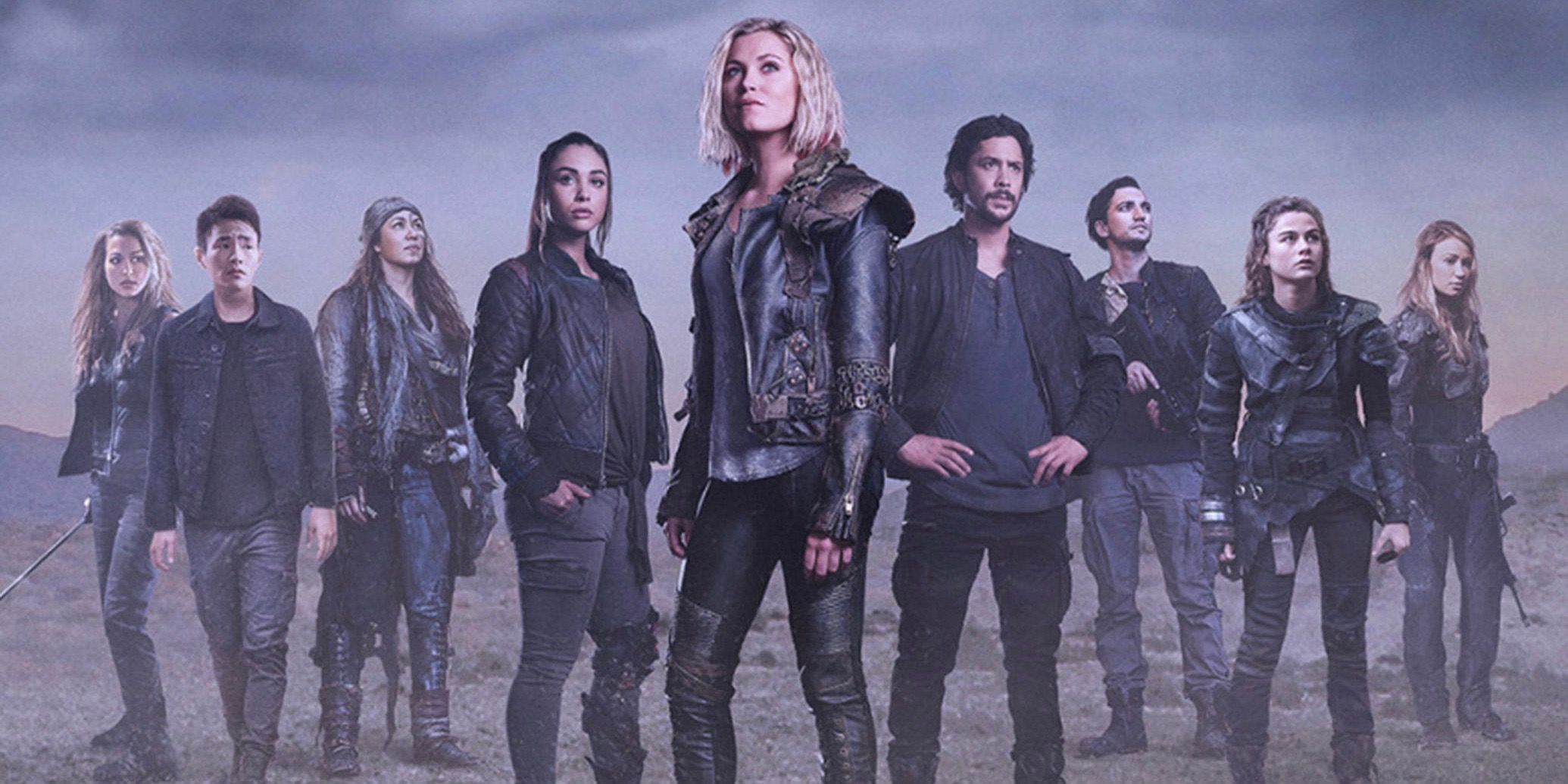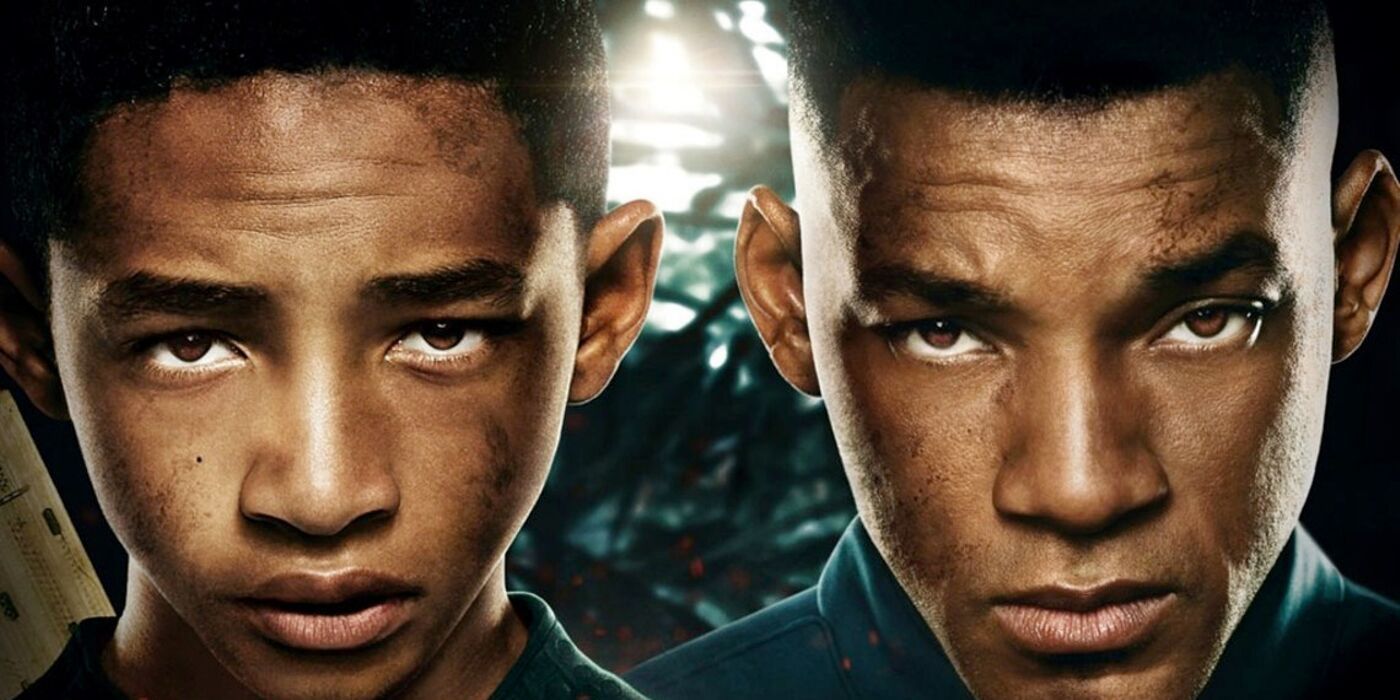Sci-fi presents bold new ideas, strange worlds, and alien concepts. It introduces us to not only provocative visuals, but perspectives as well. It's one of the most innovative genres of cinema, showcasing the triumphs and tragedies of our reliance on technology and certain ideologies. The last decade has had a profound influx in both the areas of film and television, giving us some sci-fi masterpieces as well as some missteps.
While series like Altered Carbon showed us a futuristic neon world where humans could transfer their consciousness and upgrade their bodies at will, making audiences contemplate if having the same memories meant being "human", there were films like Ghost in the Shell, which presented a similar question but failed to guide the thought process. Big stars alone aren't able to save a project devoid of substance as audiences grow more sophisticated moving into 2020. Here are the best & worst sci-fi futures that were introduced in the past decade.
BEST: THE EXPANSE (2015 - present)
The acclaimed series based on the sci-fi novels of James S. A. Corey gave viewers a unique look at a future hundreds of years from now after humans have colonized the immediate solar system. Mars has its own economy and standing military, and some humans spend their entire lives mining asteroids without ever experiencing real gravity.
The real ramifications of interstellar colonization are explored, right down to the health risks. We get to see what life is like in a highly structured military society, on a planet with dwindling resources, and in areas with complete lawlessness. From major politicians to blue-collar space travelers, the heroes and villains feel like people we know, but just alien enough to keep our interest piqued.
WORST: GHOST IN THE SHELL (2017)
The original anime series entitled Ghost in the Shell changed sci-fi in the mid '90s with its chilling look at the future of technology and the dangers of cybernetic implantation. But the 2017 film starring Scarlett Johansson didn't break any new ground and failed to live up to the original's innovation.
Johansson played Major, a cybernetically enhanced super-soldier who was programmed to go after the world's most dangerous criminals using her superhuman abilities. While the original influenced The Matrix and Ex Machina, this film simply copies Bladerunner with its futuristic perspective, all neon and rain-soaked streets with none of the thought-provoking questions on what it means to be human.
BEST: EX MACHINA (2016)
Ex Machina takes place in the not-so-distant future, focusing on the advancement of artificial intelligence and its applications in not just computation but wider society. A programmer (Domnhall Gleeson) wins a chance to spend time with the CEO of his technology firm (Oscar Isaac), unaware that he'll be the human component in the man's experiment involving his new AI unit.
The AI unit happens to come in the form of a beautiful woman (Alicia Vikander), which while definitely affecting the test, undermines her dangerous attributes. Despite superhuman strength and processing capabilities, she's still wildly underestimated by the men around her because of their own hubris.
WORST: COLONY (2016-2018)
If there weren't already better futuristic dystopian landscapes on television in the past decade, Colony might rank in a different category, but it suffered from a fatigue of the genre, very little suspense, and secrets that didn't benefit from a slow-burn reveal technique.
Aliens have invaded a near-future Los Angeles. They've set up a perimeter to cut off the metropolis from the wider world. In the process, an ex-FBI operative and his wife were separated from their son, and the only way to get reunited with him is for his father to cooperate with the invaders. The general lack of tension and the very few set changes failed to make this an exciting series.
BEST: ALTERED CARBON (2018 - present)
In a series that took inspiration from the best elements of Blade Runner, Altered Carbon not only created a visual feast, it also told a compelling story. Several hundreds of years in the future, when humanity has been altered by technological advancement, humans exchange bodies and transfer their consciousness on a whim.
The protagonist, Takeshi Kovacs, is an advanced super soldier from another time that once rose against the new world order. Wealthy Laurens Bancroft has removed him from carbon stasis to employ his talents investigating his murder, which he knows will be eminent. The series presents a future that both seems incredibly optimistic and pessimistic at the same time, but above all incredibly lived in.
WORST: PASSENGERS (2016)
In a spaceship seemingly fueled by Chris Pratt and Jennifer Lawrence's charisma alone, 5,000 sleeping passengers hurtle towards a bright future in a new colony far from Earth. A malfunction with the ship makes Jim (Pratt) wake up prematurely, and after grappling with the finality of being alone on a ship during its 90 year trip, he wakes up Aurora for company.
While audiences might find the deep space romance endearing, it's a little too deus ex machina that Jim happened to wake Aurora up and then after they develop a bond, it takes the two of them working together to prevent a further issue on the ship from killing all 5,000 passengers. It's visually stunning, but it doesn't offer any new insight into the human machine, except that it's innately selfish and self-preserving.
BEST: SNOWPIERCER (2013)
After a failed experiment to counteract global warming kills off most living things on the planet, the only recourse for the human population is to live aboard the Snowpiercer, a train capable of housing the inhabitants of a large city that circles the globe on an engine that never stops.
The further back from the engine room the cars go, the more impoverished and desperate the passengers become. Cryptic messages are all it takes for a few of them to incite a riot and as the momentum builds, their anger at resource limitation overflows into violence and chaos. This Orwellian sci-fi thriller keeps you on the edge of your seat with its premise and the fact that it's a possibility.
WORST: THE LOBSTER (2016)
In The Lobster, some thought-provoking questions are raised by a dystopian society that sends its rejects to compounds if they're felt to be of no more service to society. In this future, citizens that are single are a liability, and at the compound they must find a mate in 45 days or they're transformed into an animal of their choosing.
Colin Farrell plays David, a dour man who will end up a lobster if he doesn't meet someone. Ironically, only by fleeing the compound does he meet the Short Sighted Woman (Rachel Weisz) who's part of a gang of insurgents living life on their own terms. It's a movie you'll either love or hate depending on your taste for its deadpan humor, but there's nothing that can save this film from its pacing.
BEST: THE 100 (2014- present)
The 100 was an unexpected hit for the CW, imagining a future a hundred years from now when humanity's last ditch effort to save itself failed. Nuclear fallout had destroyed Earth, causing its population to flee to the 12 international space stations in orbit. After several decades, only 4,000 inhabitants remained in an ark comprised of several linked stations.
When the leaders of the ark send 100 juveniles back to Earth to see if it's habitable, they can't know what strange and wondrous sights await them. Their pushback against their adult authority figures, as they become intimately acquainted with the planet, is one of the series many moments of exciting tension.
WORST: AFTER EARTH
In a vehicle expressly tailored for Will Smith and his teenage son Jaden, After Earth feels remarkably self-indulgent. The elder Smith plays the patriarch of the future's most prominent family, 1000 years after a cataclysmic event wiped out life on Earth.
His son is supposed to live up to his father's legendary status, but the pair's relationship is strained. In an effort to repair it, they leave their home on Nova Prime to spend time together, only to end up crash landed on an inhospitable Earth where they must fight to survive. There's an odd dynamic of overacting from Jaden Smith and underacting from his famous father in a film that feels unoriginal.

